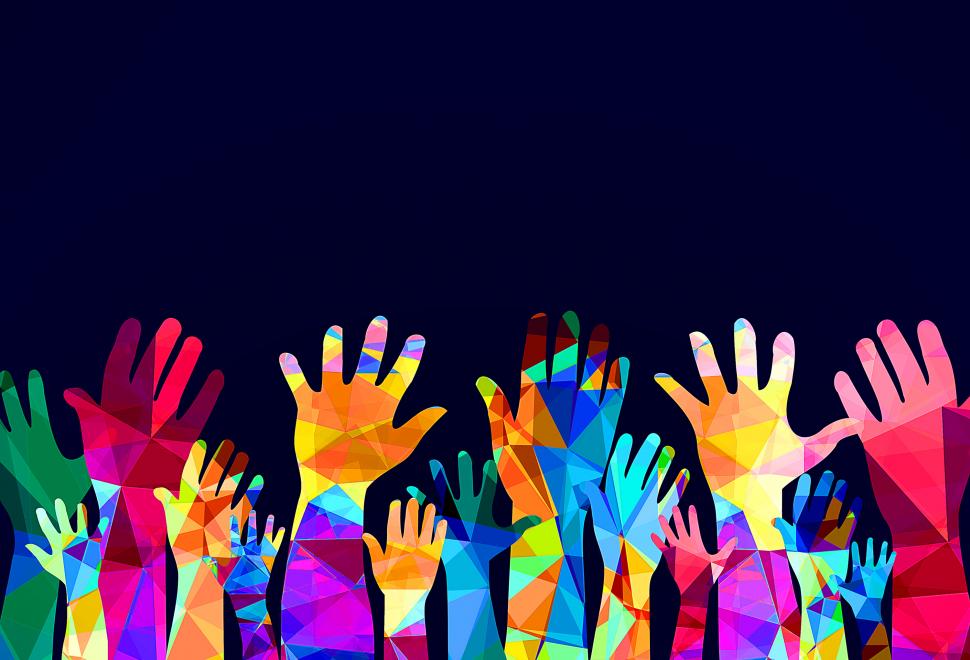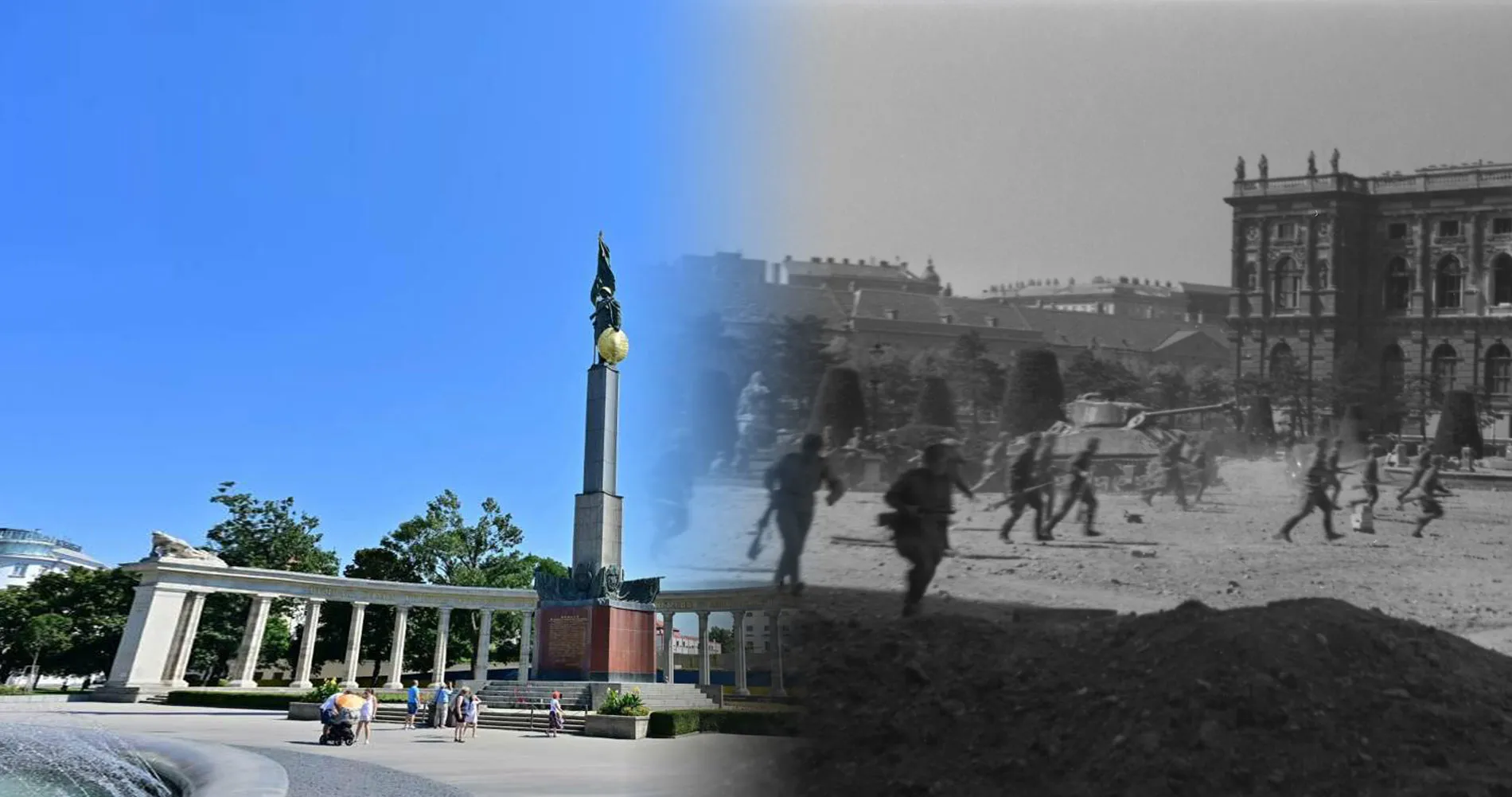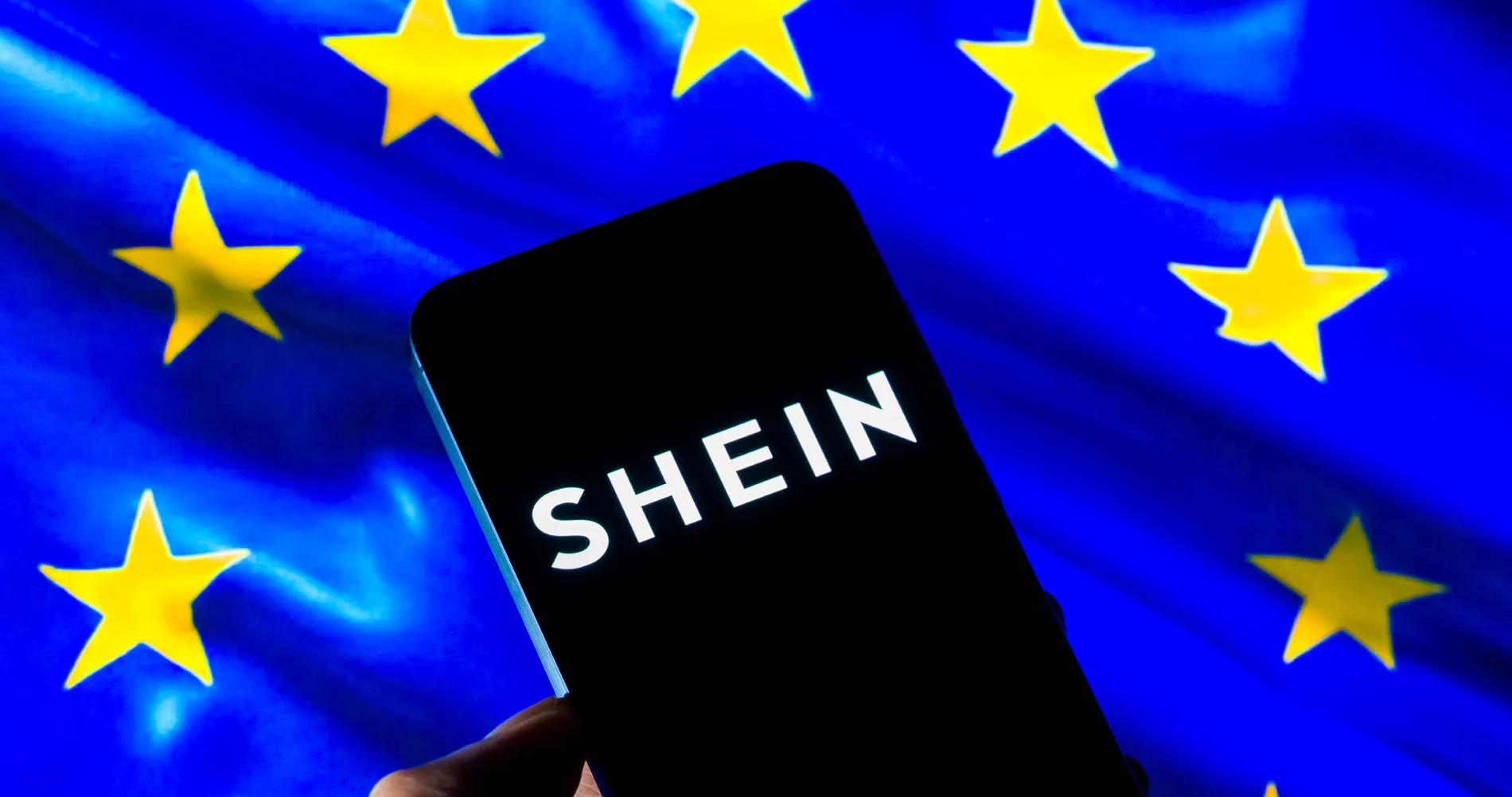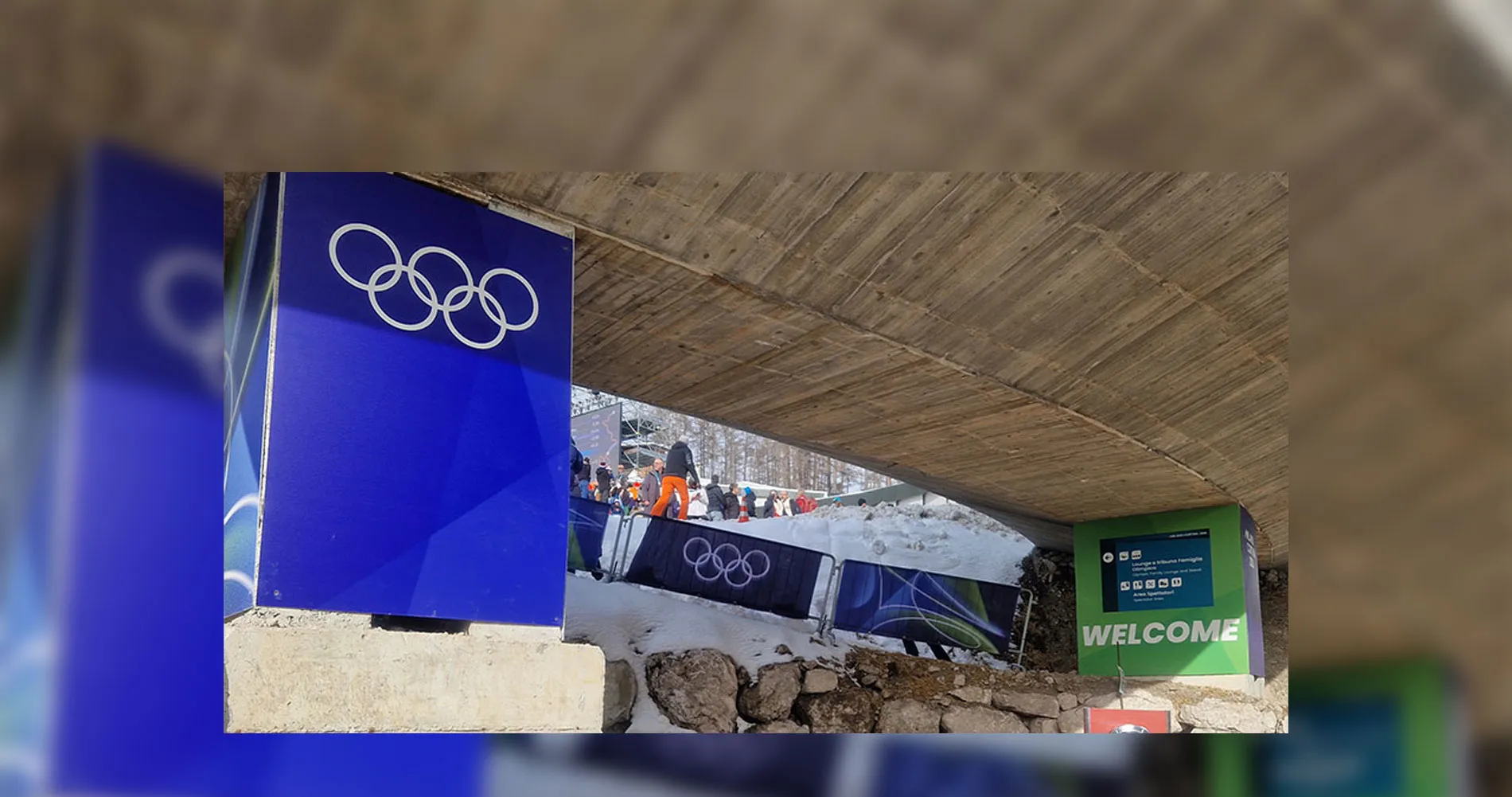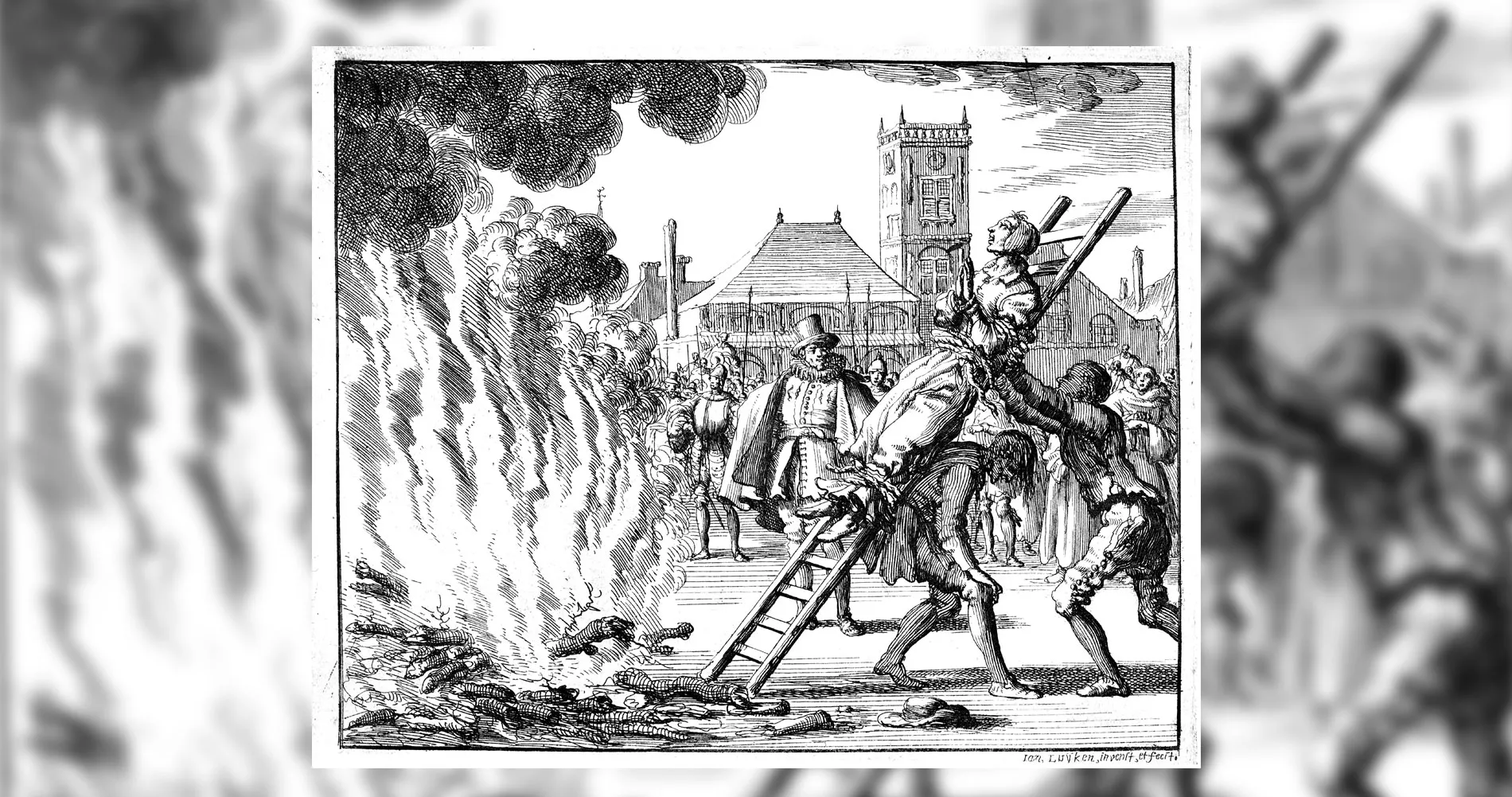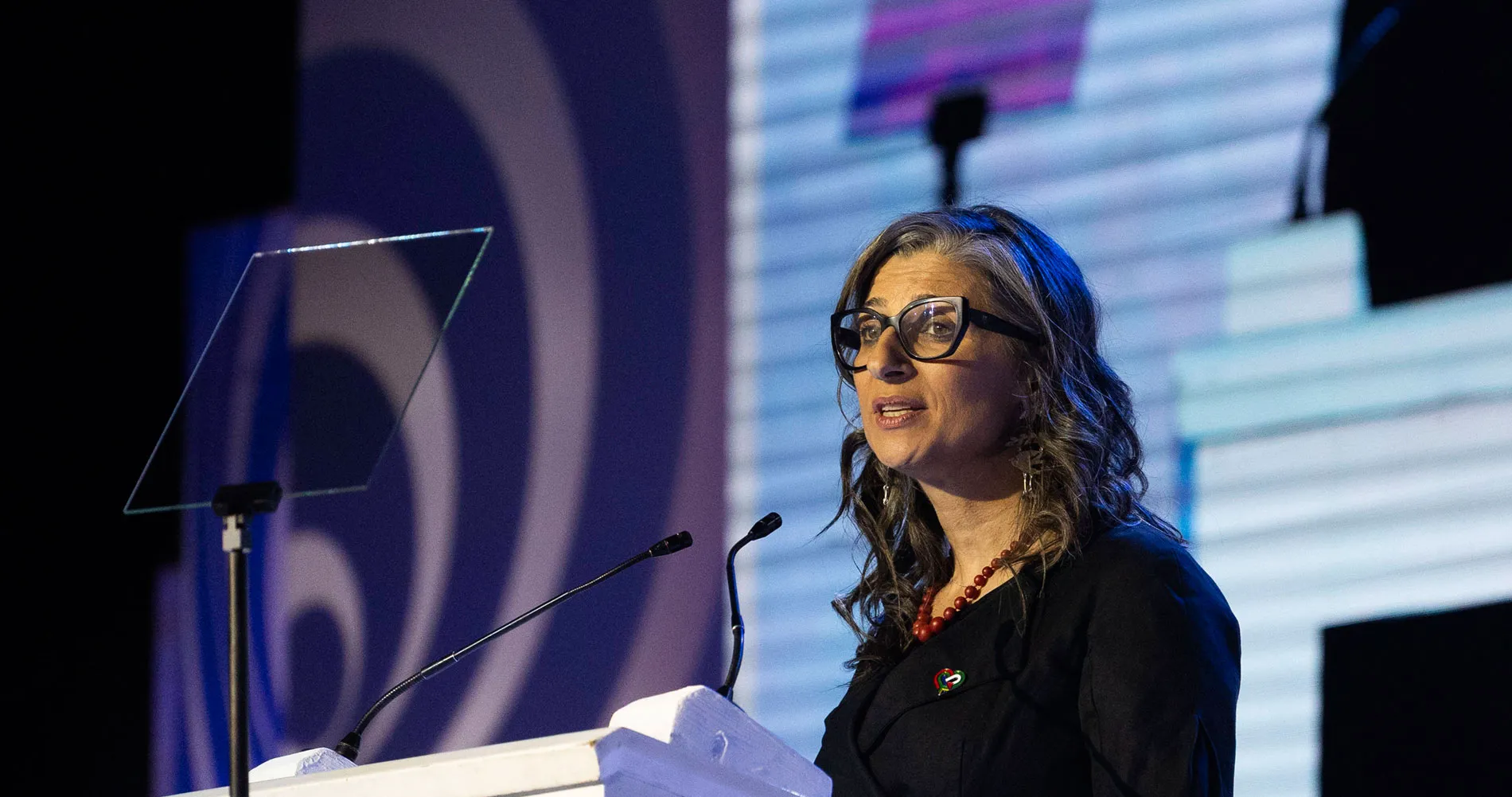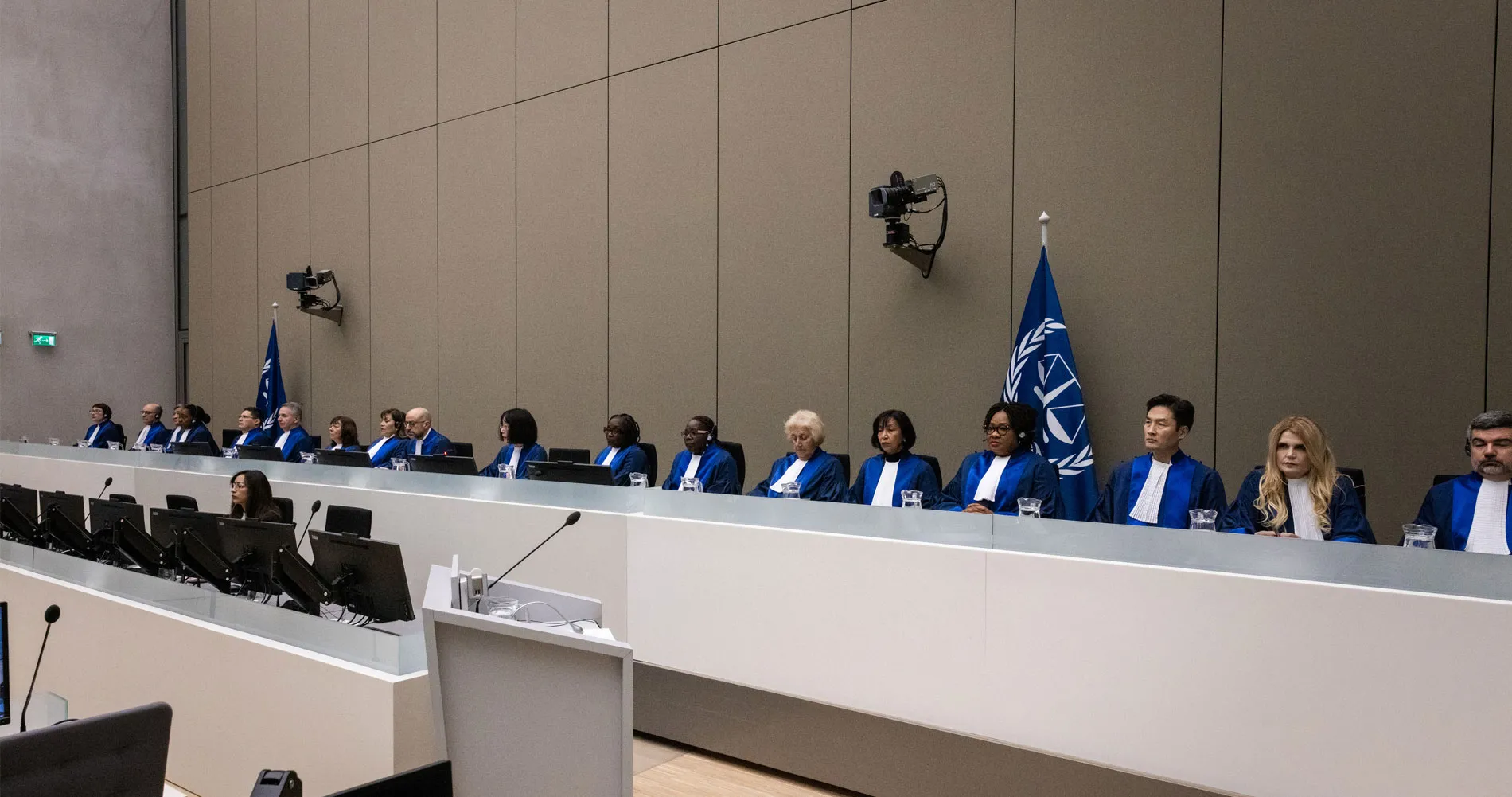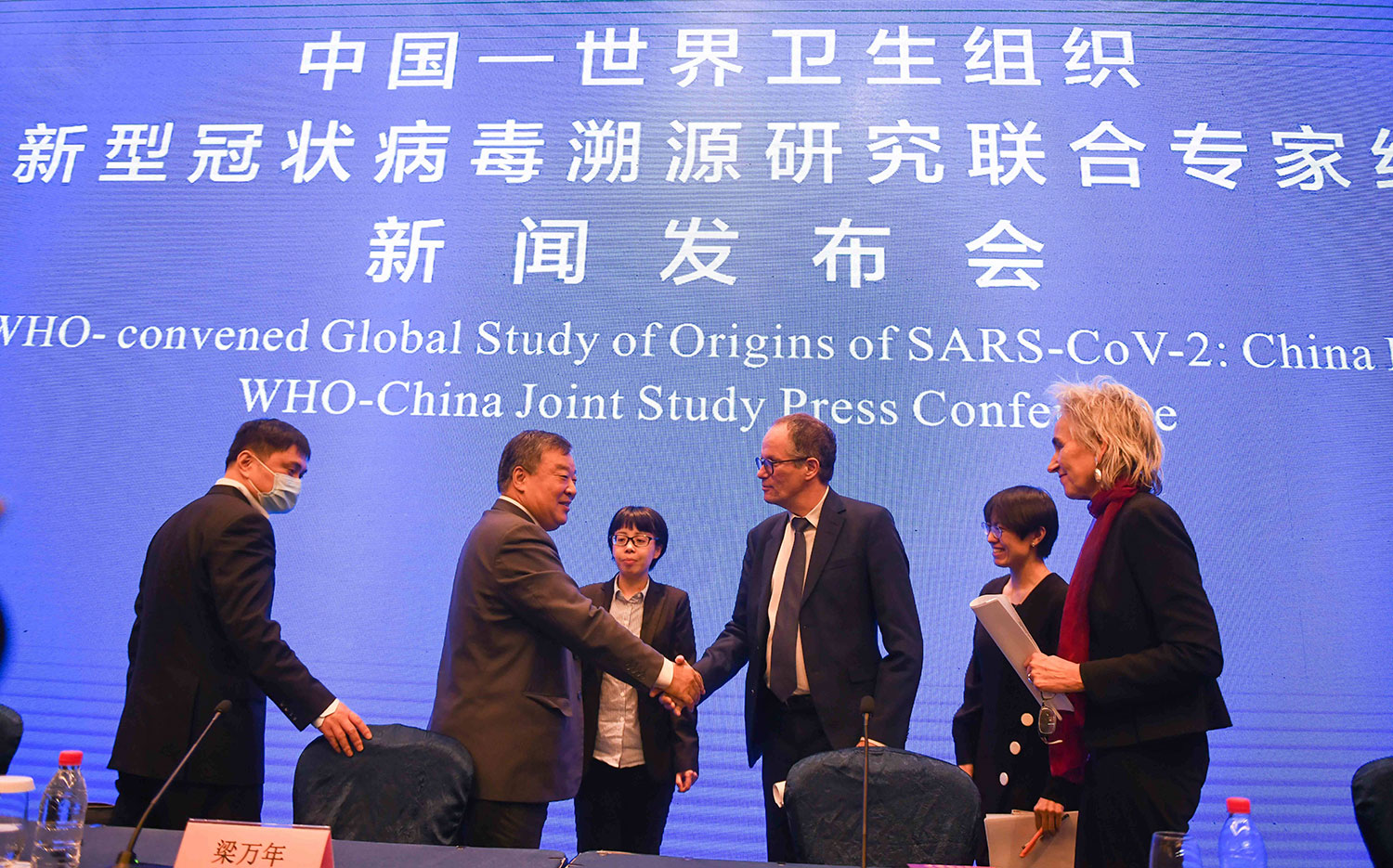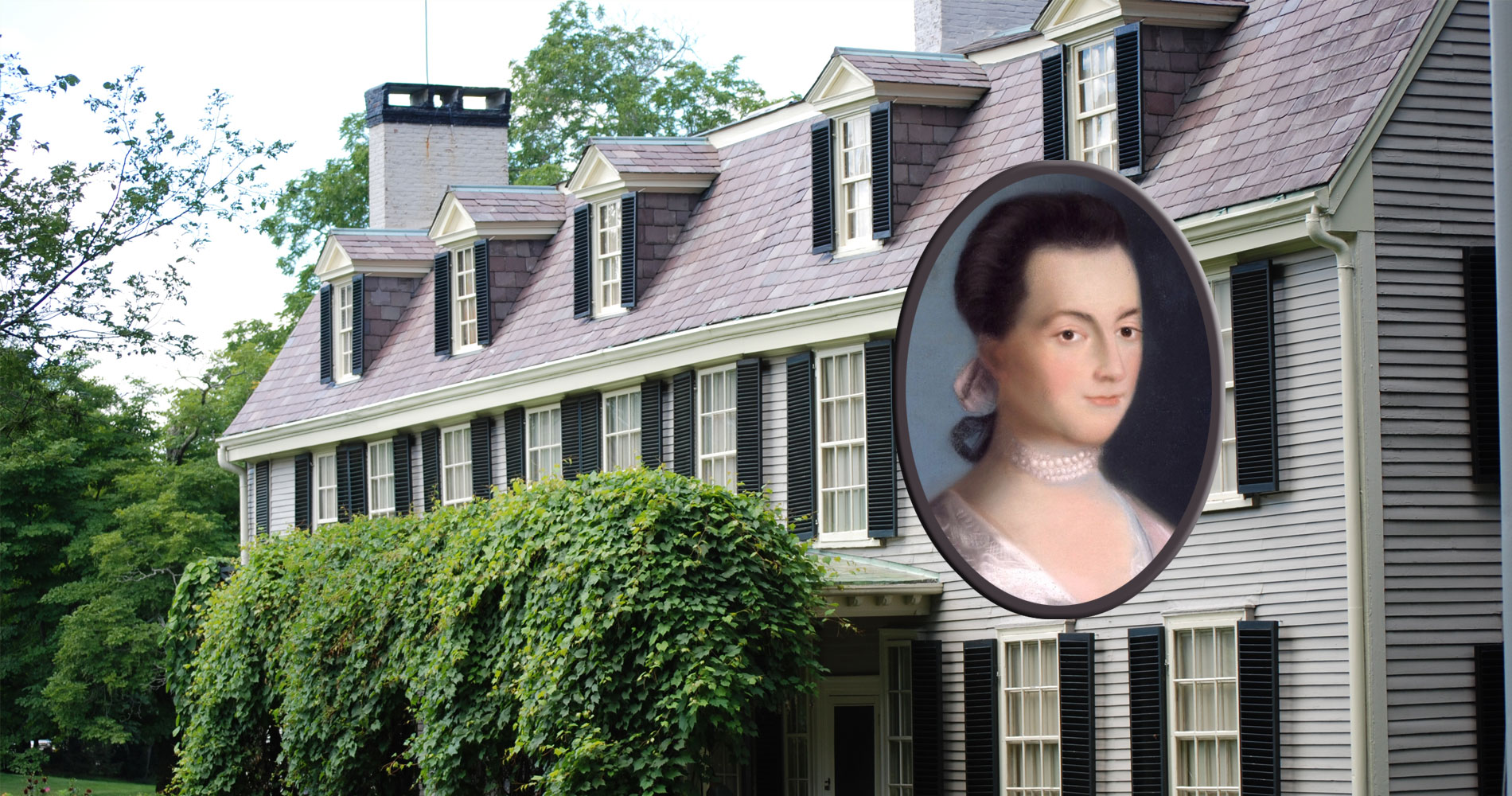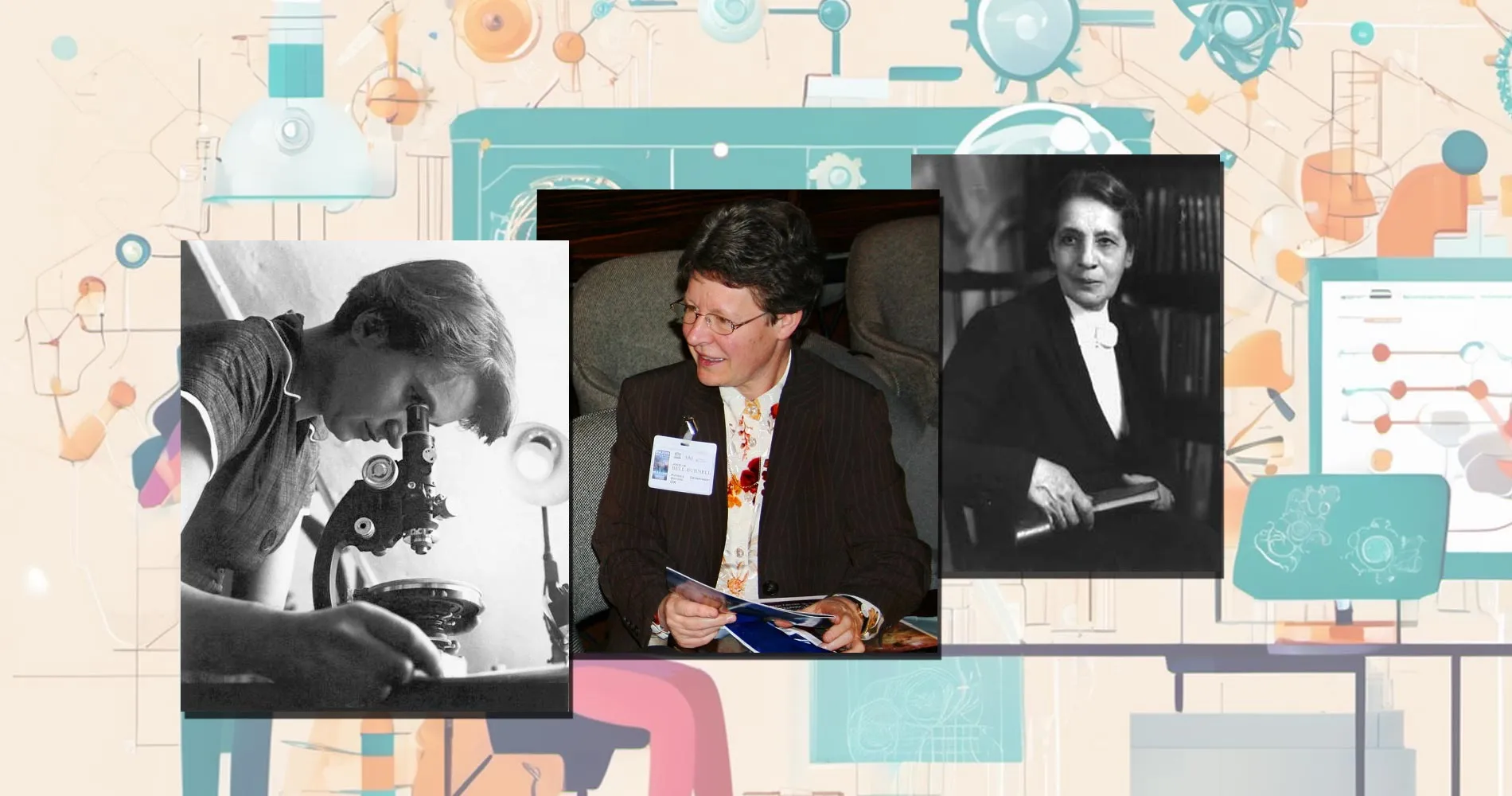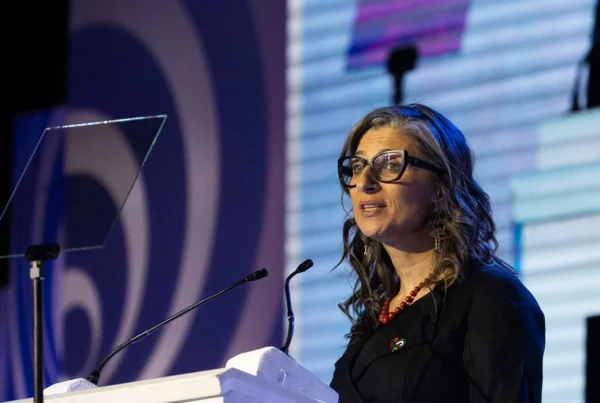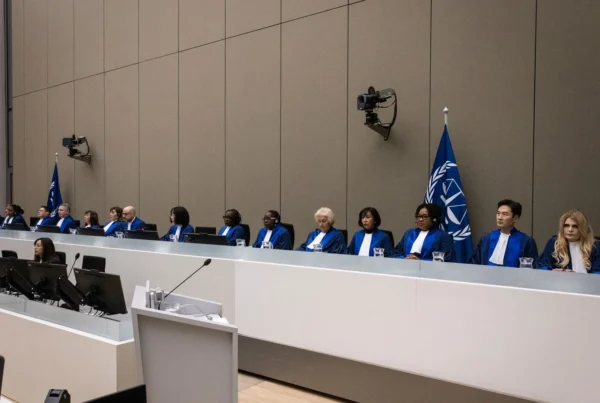Migrant voting rights are the only way for achieving a cohesive society.
Niklas Danninger, 06 February 2021
Outrageous images of border fences enmeshed in barbed wire, people drowning in the sea and children playing in front of desolate “tent-cities” usually dominate debates on migration. This overshadows what must happen after migrants finally arrive in a safe country: their effective integration and social inclusion.
Integration and inclusion happen at the local level, where people meet, interact and live their lives. Focusing on regional and local levels in this respect has therefore been declared a priority by the EU with the release of its Action Plan on Integration and Inclusion 2021-2027 in November 2020. With increasing numbers of non-EU nationals residing in and contributing to the EU, it indicates the rising awareness that the cost of non-integration will turn out to be higher than the cost of investment in integration policies. But without any relevant power in migration issues, the EU’s action plan is once again little more than a wish list of policy recommendations coupled with the promise of operational and financial support.
However, the terror attack by an Austrian-North Macedonian citizen who was born and raised in Vienna, ever-rising instances of Islamophobic and anti-Semitic incidents, and street fights between Kurdish and Turkish groups last summer put the state of social cohesion in Vienna into question.
Such criticism is, unfortunately, supported by insights from the Viennese Integration and Diversity Monitor 2020, which highlights numerous deficits in this matter, including Austria’s restrictive naturalization laws, lacking voting rights for non-citizen residents and socio-economic disparities that still run along ethnic lines.
Contrary to widely held beliefs, this is certainly not limited to refugees or asylum seekers as regular surveys among ex-pats demonstrate. Despite being regularly ranked as the city with the highest standard of living worldwide, Vienna is given poor grades by ex-pats in terms of hospitality. The infamous Viennese grumpiness may be a local idiosyncrasy that most people readily overlook, but the lacking involvement of foreign nationals, constituting more than 30% of its populations, points to a serious democratic deficit that cannot easily be ignored. Why can foreign nationals that live here for decades and might have even been born and raised here not participate in democratic processes? How can the exclusion of more than a third of Vienna’s population from democratic elections be justified with rising numbers of foreign nationals coming and contributing to this melting pot of cultures?
Following this logic, the Viennese government introduced local voting rights for all non-citizen residents in 2003. Having to deal with the bread-and-butter issues of migrant integration, local and regional authorities tend to be more pragmatic in such matters and, generally, more open to migrant enfranchisement. This has become common practice in several European countries, including the Netherlands, Hungary and Sweden, with Sweden implementing it even as early as 1977. But numerous similar attempts at introducing such migrant voting rights have been stopped in the last 20 years by national legislation or Supreme Courts in Europe, including in Vienna in 2004. At least symbolically, the non-Austrian Viennese have been able to cast their ballots for several years at the “Pass-Egal Wahl,” a mock election organized by the NGO SOS Mitmensch to make the political preferences of non-citizen residents visible. But with most important political decisions being taken on the national level, the restriction to local elections decreases the incentive to vote, as migrants’ low participation in respective countries indicates.
On the federal level, however, the portrayal of Vienna as fertile ground for innumerable parallel societies is a popular strategy of the governing People’s Party to mobilize sympathizers and prospective voters prior to elections. Stepping into the void that has been created by the political self-destruction of the far-right Freedom Party after the Ibiza affair, the conservative People’s Party took over its anti-immigrant stances and even recycled an old-time demand of the Freedom Party: linking access to the ‘Gemeindebau’, the state-supported municipal housing which 31% of the Viennese inhabit, to German language skills. Despite being completely aware of its conflict with EU anti-discrimination laws, this law-and-order approach to dealing with migrants has become a fundamental part of Chancellor Kurz’s anti-immigrant discourse and voter mobilization strategy.
Instead of portraying cultural diversity and multilingualism as a problem, as several politicians of the People’s Party have repeatedly done, Vienna’s diversity should be considered an asset in promoting social cohesion. For that purpose, non-citizen residents should be perceived as equal members of society that can contribute to host communities with their individual experiences, languages and opinions. Granting them the right to vote and thus participate in formal political processes is simply consequent and another step towards achieving a more cohesive society.


